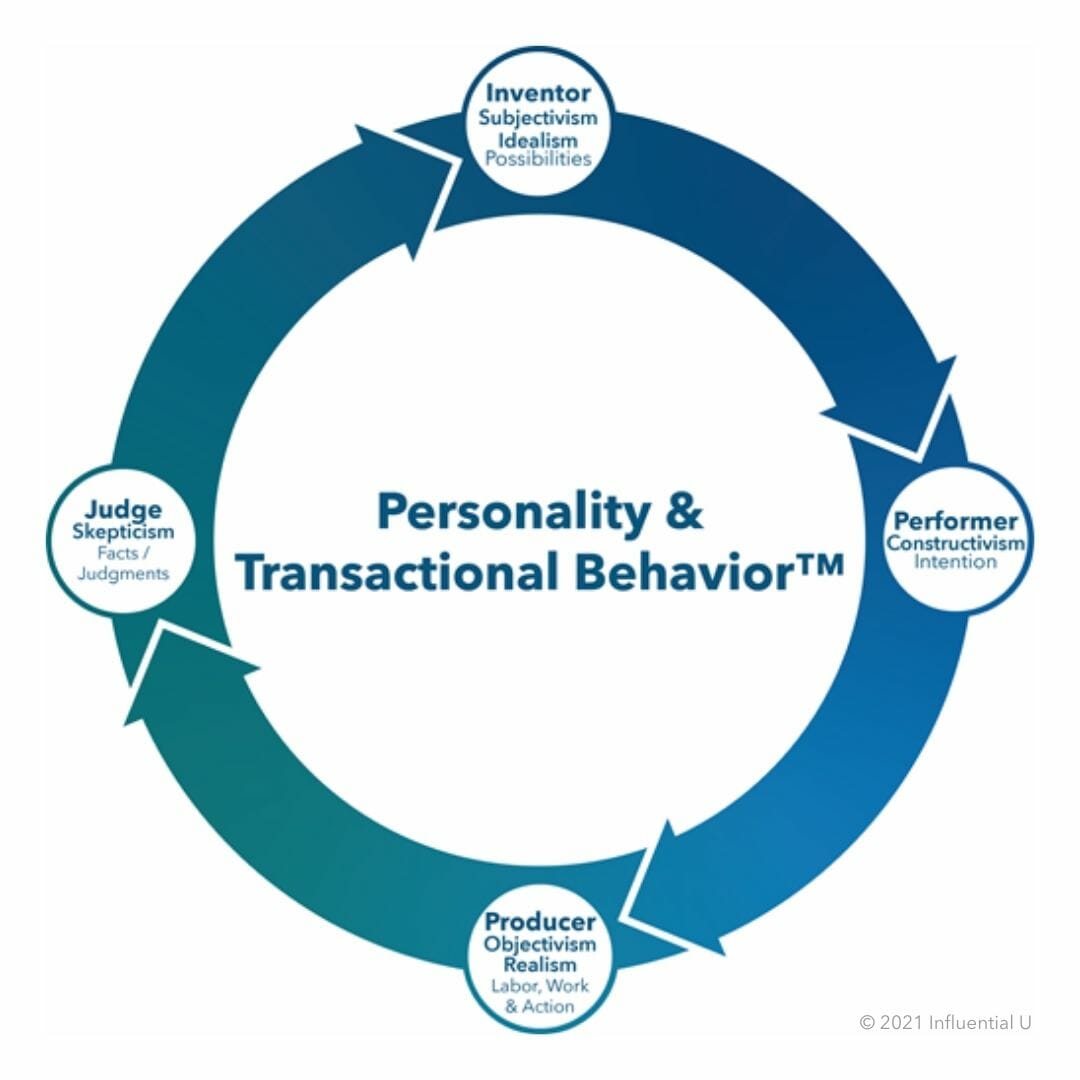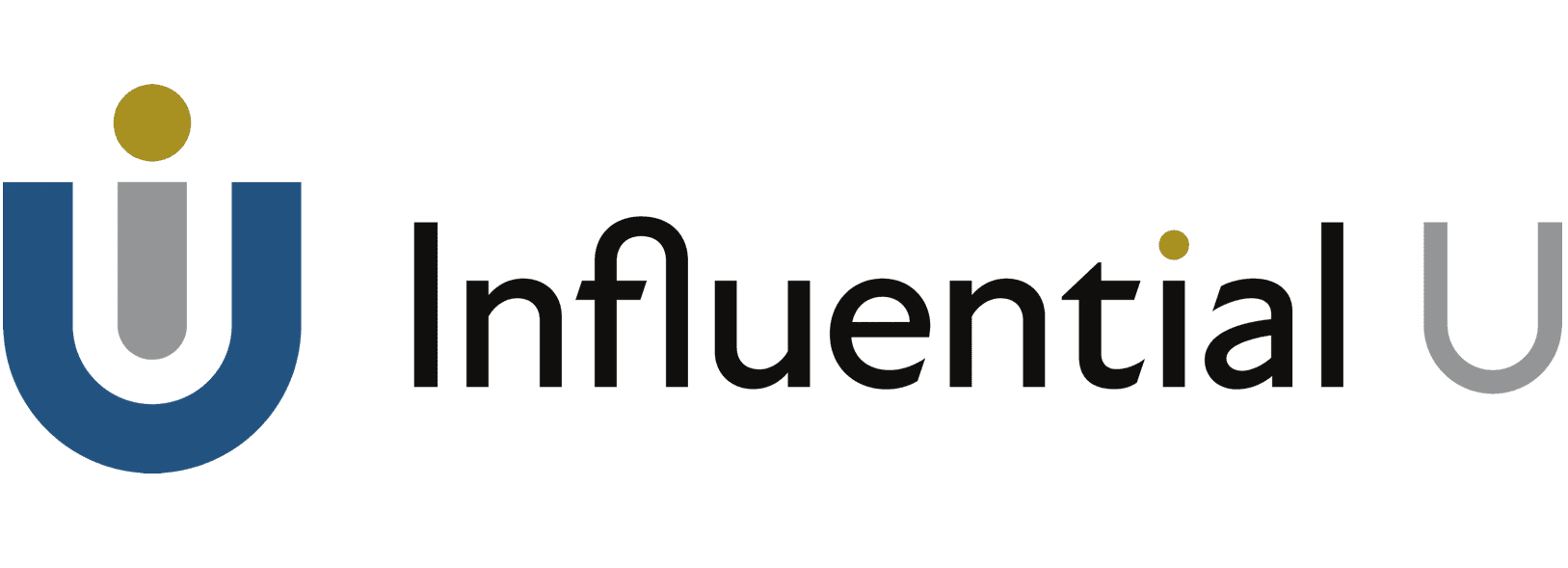A key phrase here is "willingly working with others" - note that it does not say "begrudgingly working with others." Rather than consider cooperation a necessary evil, consider it the only means to think and act in ways you'll never consider on your own.
Cooperation
“The only thing that will redeem mankind, is cooperation.”
Cooperation is the act of committing to and willingly working with others to produce the functions and results required to achieve specific aims.
A key phrase here is “willingly working with others” – note that it does not say “begrudgingly working with others.” Rather than consider cooperation a necessary evil, consider it the only means to think and act in ways you’ll never consider on your own.
Think of cooperation as a means to access a bigger brain. C.S. Lewis said, “Two heads are better than one.” When two or more people work together, they are more likely to solve a problem than one person doing it alone.
Willingly Working with Others
We all know extroverted people and others who are introverted. We are aware of people who are creative by nature and others who are more analytical. We know people who demonstrate highly varied behavioral characteristics depending on the social environment. So how do these varied “types” apply to the transaction cycle?
Through most of human history, it has been posited that human beings generally fall into one of four basic personality or behavioral types or temperaments. The earliest record of this was written in 400BC by Hippocrates, who noted that the four basic temperaments of human behavior were
- idea-oriented,
- theory-oriented,
- action-oriented,
- fact-oriented.
Over time, many other theories were built on these notions and developed into different personality and behavioral models. Influence Ecology has gathered and studied over 220 personality models, most of which have their basis in a four-quadrant model. We offer this personality framework as a foundational orientation to transactional competence; within the groups we occupy, different personalities have different jobs to do, and each role allows the collective group to thrive.
Each role transacts with a currency evoked by their philosophical view (see diagram below). Inventors transact using a currency of innovative new ideas about the future. Performers influence relationships with compelling stories. Producers advance deadlines with consistent activity. Judges offer evidence that ensures our security. These transactional behaviors are directly correlated to exchanges and roles within the transaction cycle. Personality & Transactional Behavior, Influential UGenerally, when challenged or confronted in social situations, we find that most people can be observed demonstrating some common characteristics that can be classified into distinct “personality styles,” which we correlate with the narratives of the transaction cycle.

Each personality demonstrates assets, liabilities, and behaviors that can accelerate transactions or grind them to a halt.
Below are the terms we use to identify them, along with a brief description:
- Inventors tend to be future-based, idea-oriented people who are self-reliant and highly subjective in their thinking.
- Performers tend to be present-based, relationship-oriented people who are inclined to be highly flexible in their thinking.
- Producers tend to be short-term and objective in their thinking and are highly work-oriented doers.
- Judges tend to be skeptical people relying on standards, competence, and evidence before taking action.
An important point to keep in mind as you listen to our podcasts, attend webinars, and read lessons: Personality and Transactional Behavior™ is meant to guide how people tend to act (or might need to act) in particular exchanges. We don’t mean to say that people “are” a personality in the most literal sense, but rather, we suggest to say they demonstrate their personality and transactional behavior when they are confronted with significant choices and decisions, they utilize a kind of currency to produce compliance. They view transactions (and life) through the lens of their philosophical view.
Understanding and identifying their unique personality characteristics offers you the opportunity to speed up and produce low-cost transactions.
We take a deeper dive into these characteristics throughout our curriculum.
How Might Your Personality Dismiss Cooperation?
When the personality is misaligned with (or unaware of) the proper role in the transaction, we disrupt transactions.
- Inventors tend to halt transactions with new ideas or a need to control and avoid/dismiss relationships and judgments.
- Performers tend to halt transactions with relationship concerns or mood campaigns and avoid/dismiss commitments and facts.
- Producers tend to halt transactions with premature or unnecessary doing and may avoid/dismiss completion and flexibility.
- Judges tend to halt transactions with premature evidence or restrictive standards and avoid/dismiss vision and repetition.
Study the characteristics above to understand the liability each personality might bring to transactions.
Again, we don’t mean that people “are” a personality in the most literal sense. We mean to say that they demonstrate their personality and transactional behavior when confronted with significant choices and decisions. They utilize a kind of currency to produce compliance, and they view transactions (and life) through the lens of their philosophical view.
You Are Always Transacting
This mantra that resonates throughout our curriculum is: You Are Always Transacting. Of course, we acknowledge that there are life’s situations and conditions where we are not engaged in a formal exchange of a good or service; however, we have found it highly beneficial to view the marketplace from this context to heighten the relevance and importance of this all-pervasive principle.
If you take this precept seriously and consider for yourself that you are always transacting, you may find, as many of our members have, that this context yields great power to distinguish quickly how transactional human beings truly are. You may begin to gain a new experience of the ubiquitous quality of the human transaction.
The practice of having this context clearly in mind leads to a profound awareness of the constant and pervasive nature of “transaction” as it relates to how human beings coexist, interact, and behave. You will learn to recognize transactions in a new way and find that this awareness brings a sense of balance, respect, and freedom as you move through your daily life.
This revelation often begins in the business marketplace but quickly carries over into the whole of our Conditions of Life™ such as Health, Activity, Relationship, Sociality, Legacy, Politics, and more.
You constantly transact whether you are aware of it or not. You must transact to survive. You must learn to transact powerfully to thrive. Our program methodology is intentionally designed to expose your transactional behavior. As you work through the program, you will likely realize that your transactional behavior is expressed in every aspect of your life.
Our programs are configured as a consequential environment that educates you in transactional behavior. It is designed so you can see yourself as others see you in the marketplace. The programs continually hold up a mirror so you can quickly discover and utilize your own and others’ personality and transactional behavior.
To hear more about this topic from our customers, listen to the Influence Ecology podcast.
An Education in Being Influential
Our curriculum begins with the Fundamentals of Transaction Program, a six-month course of study specifically designed to influence others, work less, and make more.

AUTHOR
John Patterson
Co-founder and CEO
INFLUENTIAL U
John Patterson co-founded and manages the faculty and consultants of Influential U global. Since 1987, he has led workshops, programs, and conferences for over 100k people in diverse professions, industries, and cultures. His history includes corporate curriculum design focusing on business ecosystems, influence, leadership, and high-performance training and development.



